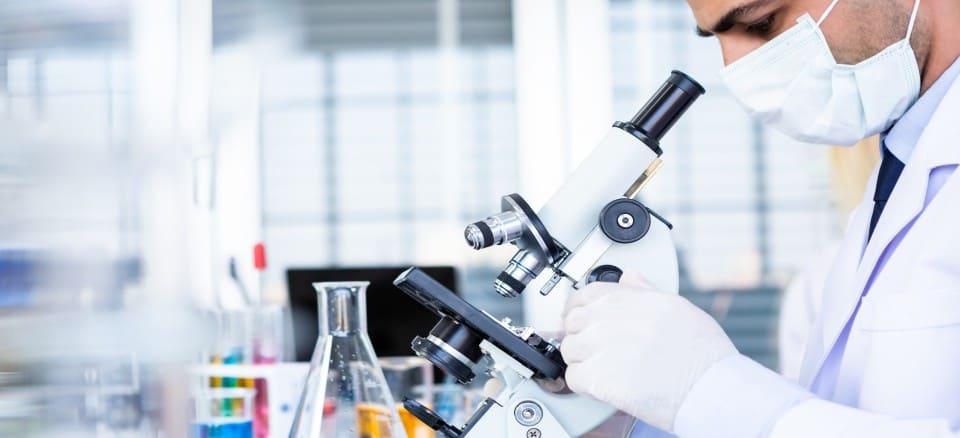Course Objectives
- Students will be able to effectively communicate using appropriate terminology related to tissue injury and disease processes.
- To develop the ability to distinguish pathological lesions from normal tissues.
- To gain a comprehensive understanding of structural, functional, and biochemical aspects of different pathological conditions.
- To analyze how various disease processes develop and progress.
- To understand how pathological changes correlate with clinical symptoms, disease detection, treatment, and prognosis.
- To apply knowledge to real-world clinical scenarios to enhance diagnostic accuracy.
- To integrate pathology concepts with knowledge from physiology, biochemistry, microbiology, and pharmacology.
- To develop a problem-solving approach to understanding disease mechanisms.
- To encourage critical thinking and curiosity about unresolved questions in pathology.
- To equip students with foundational knowledge for future research and academic contributions in the field of pathology.
.png)


